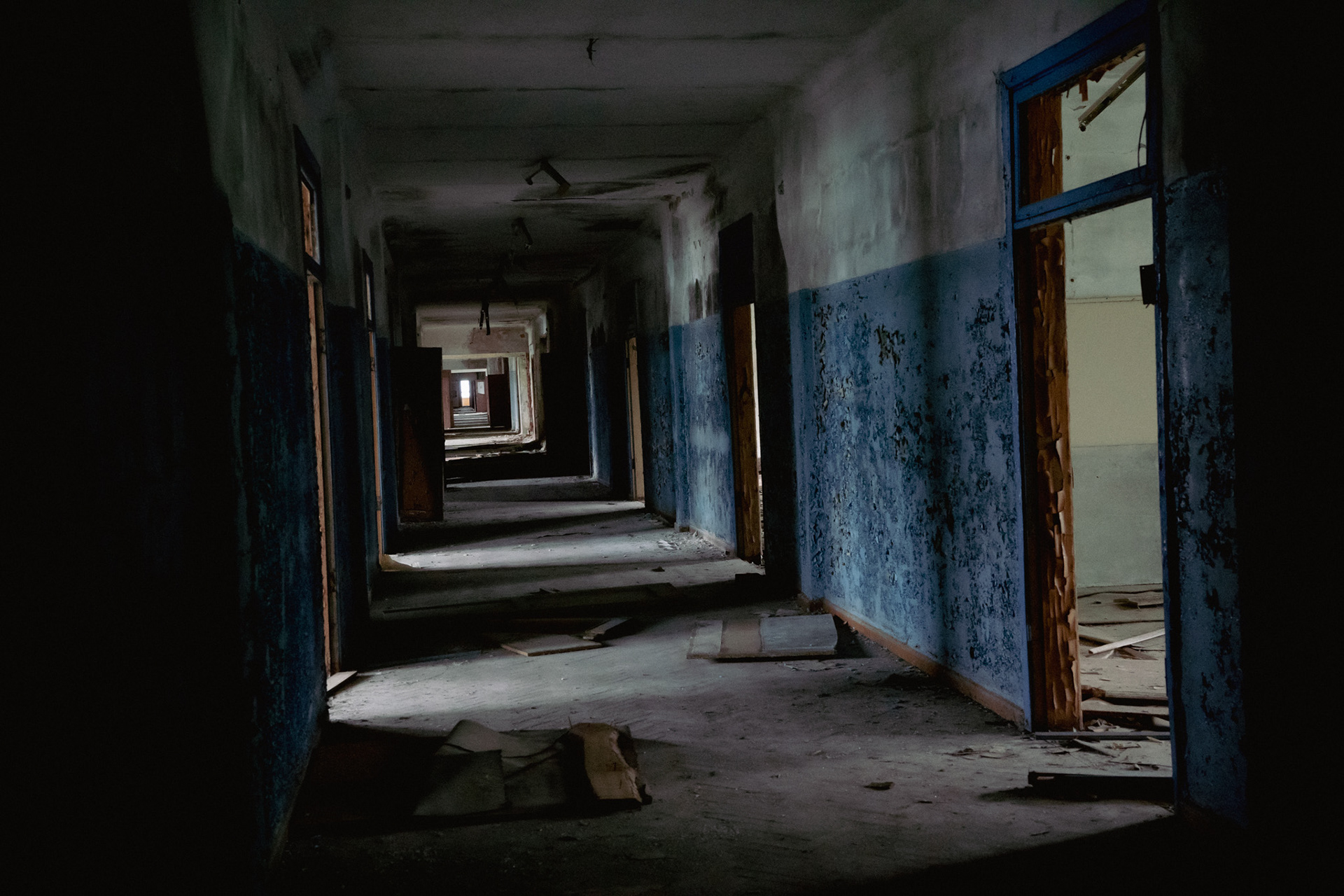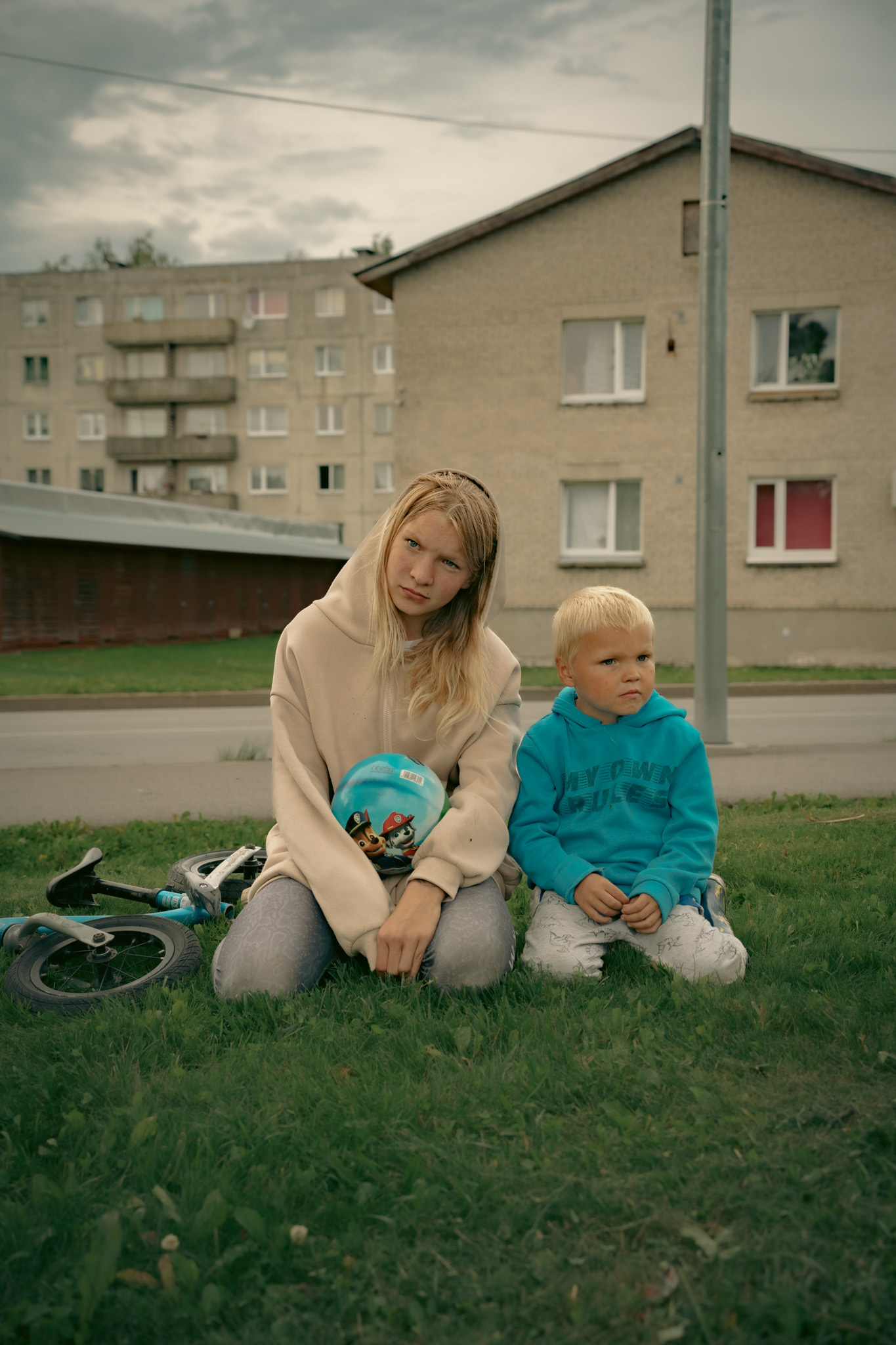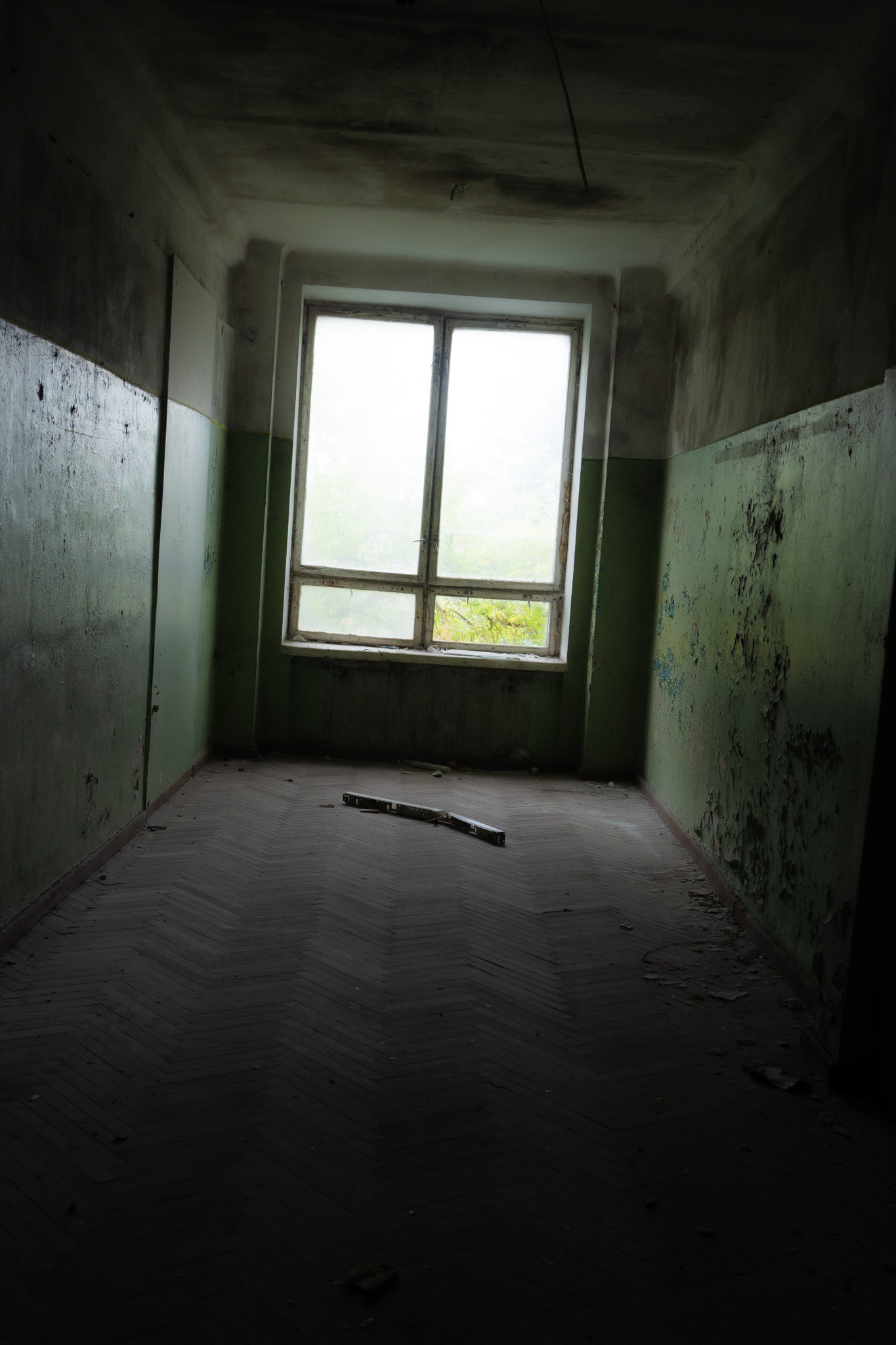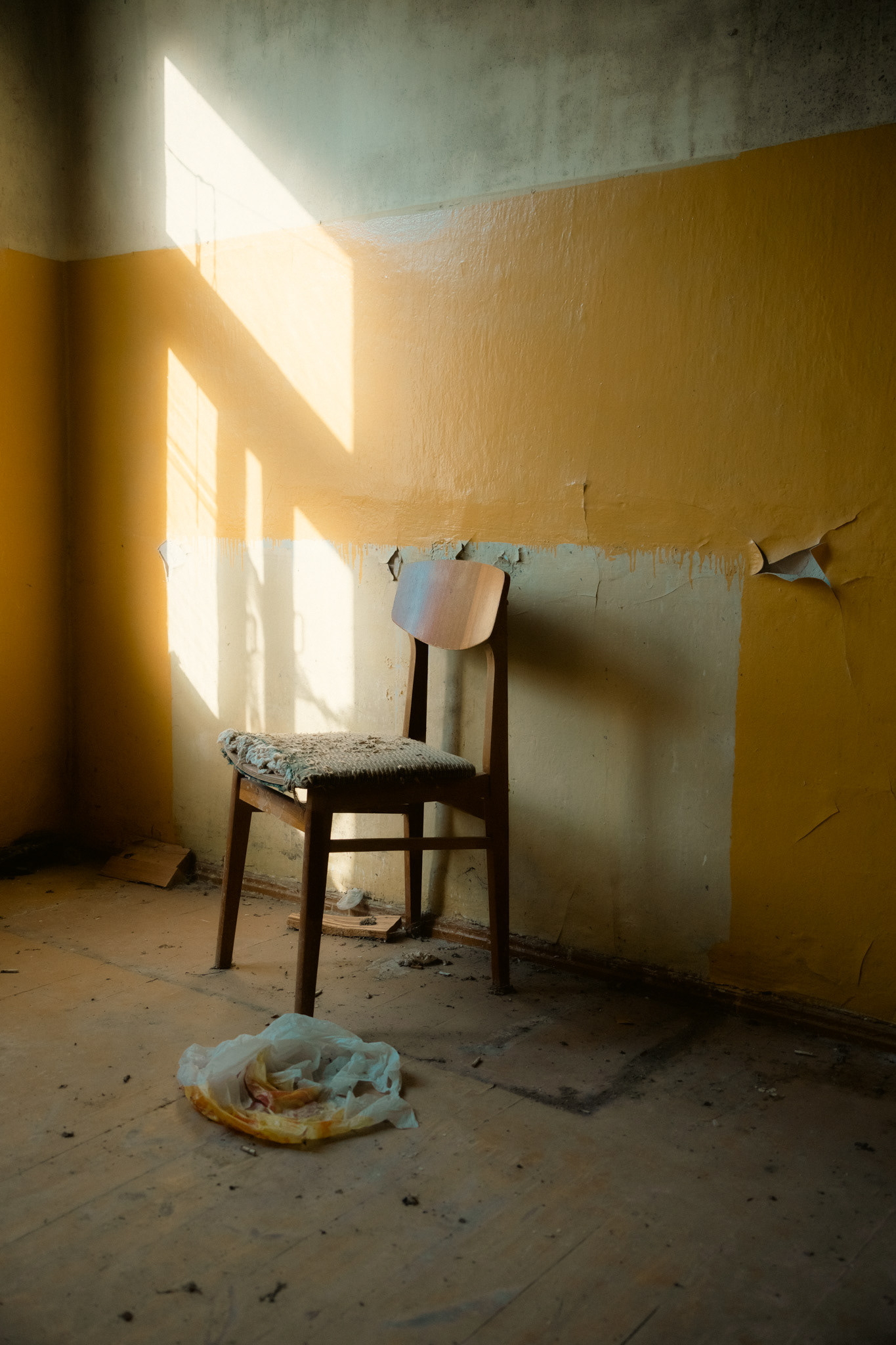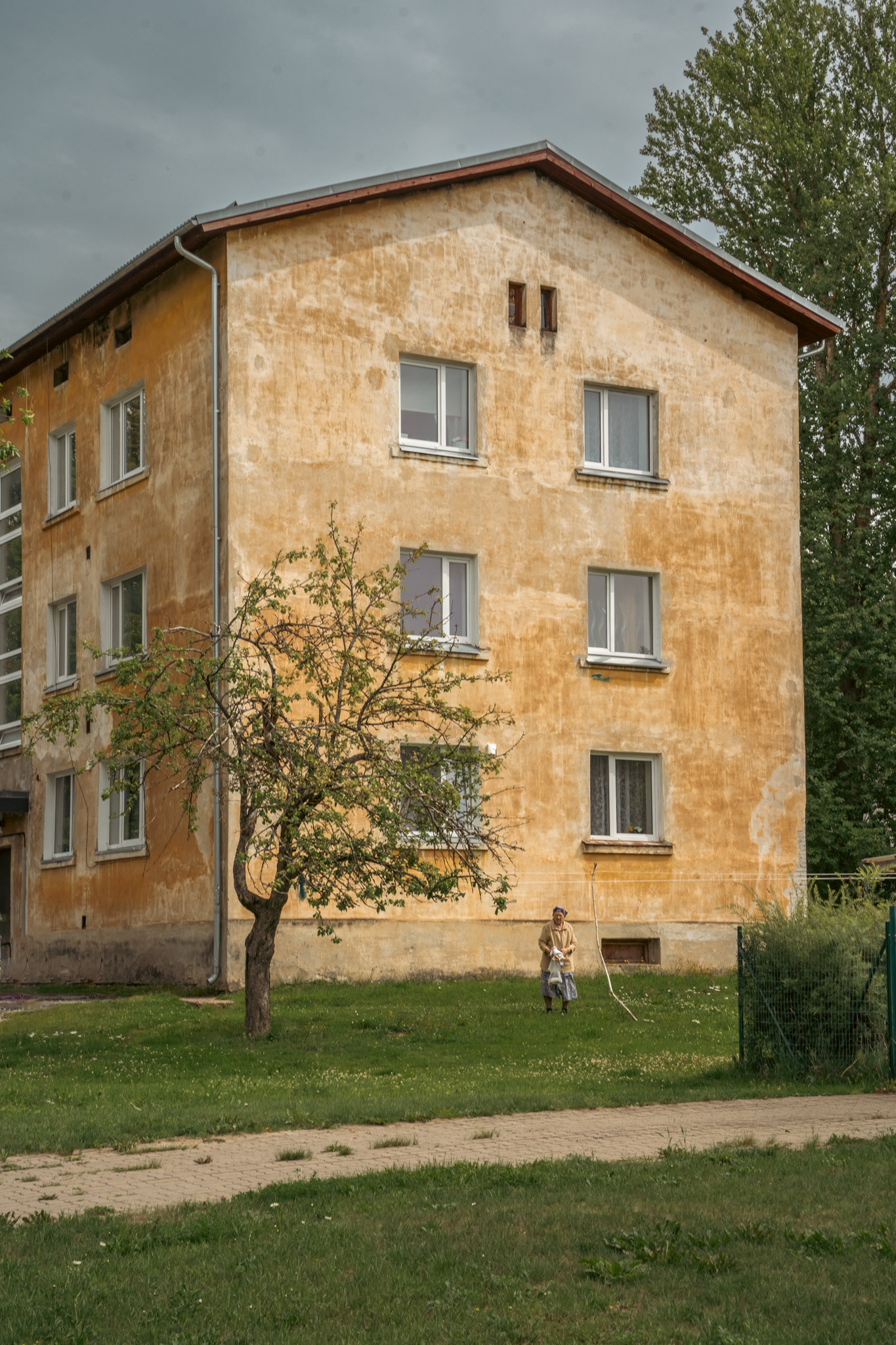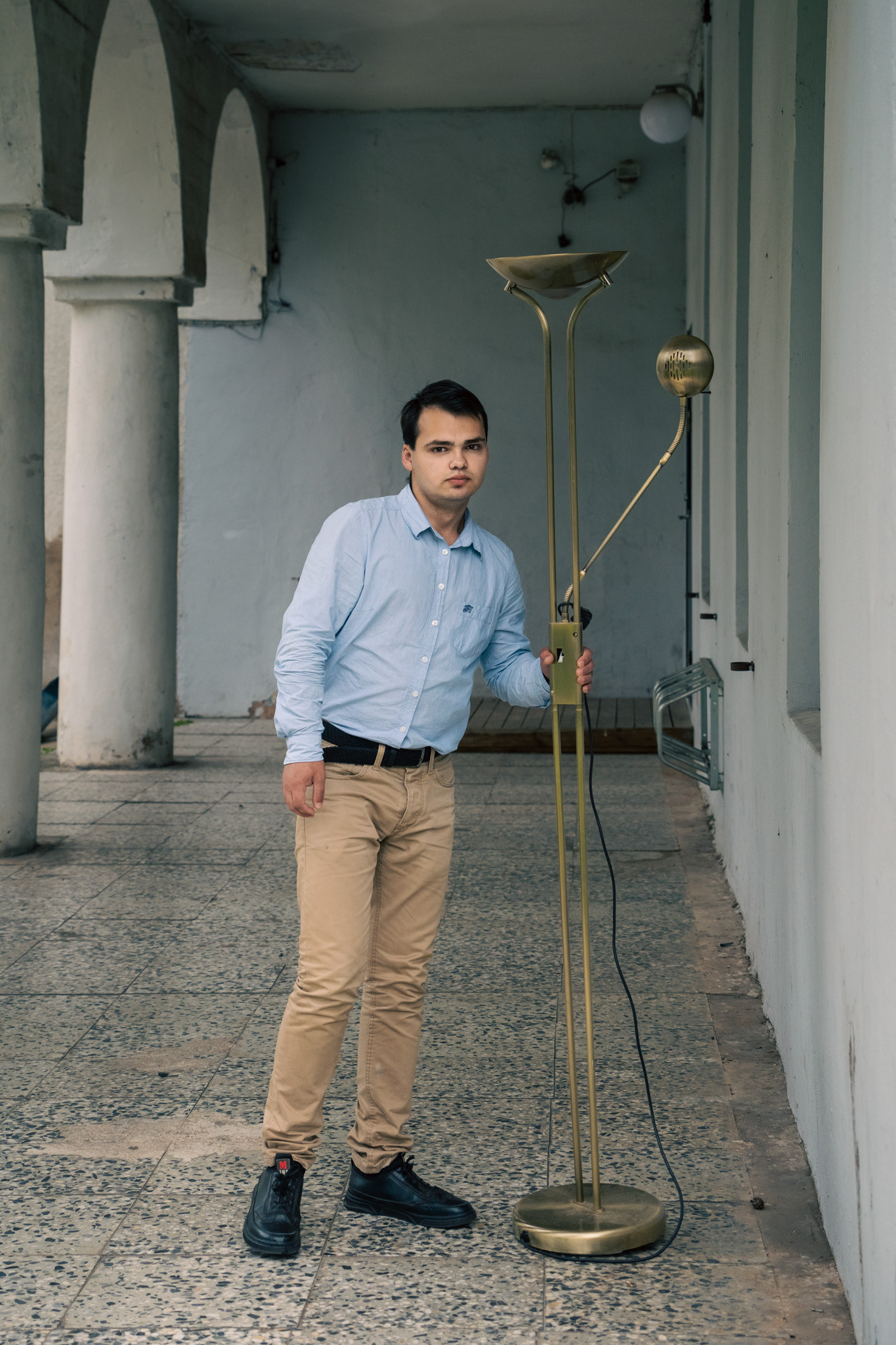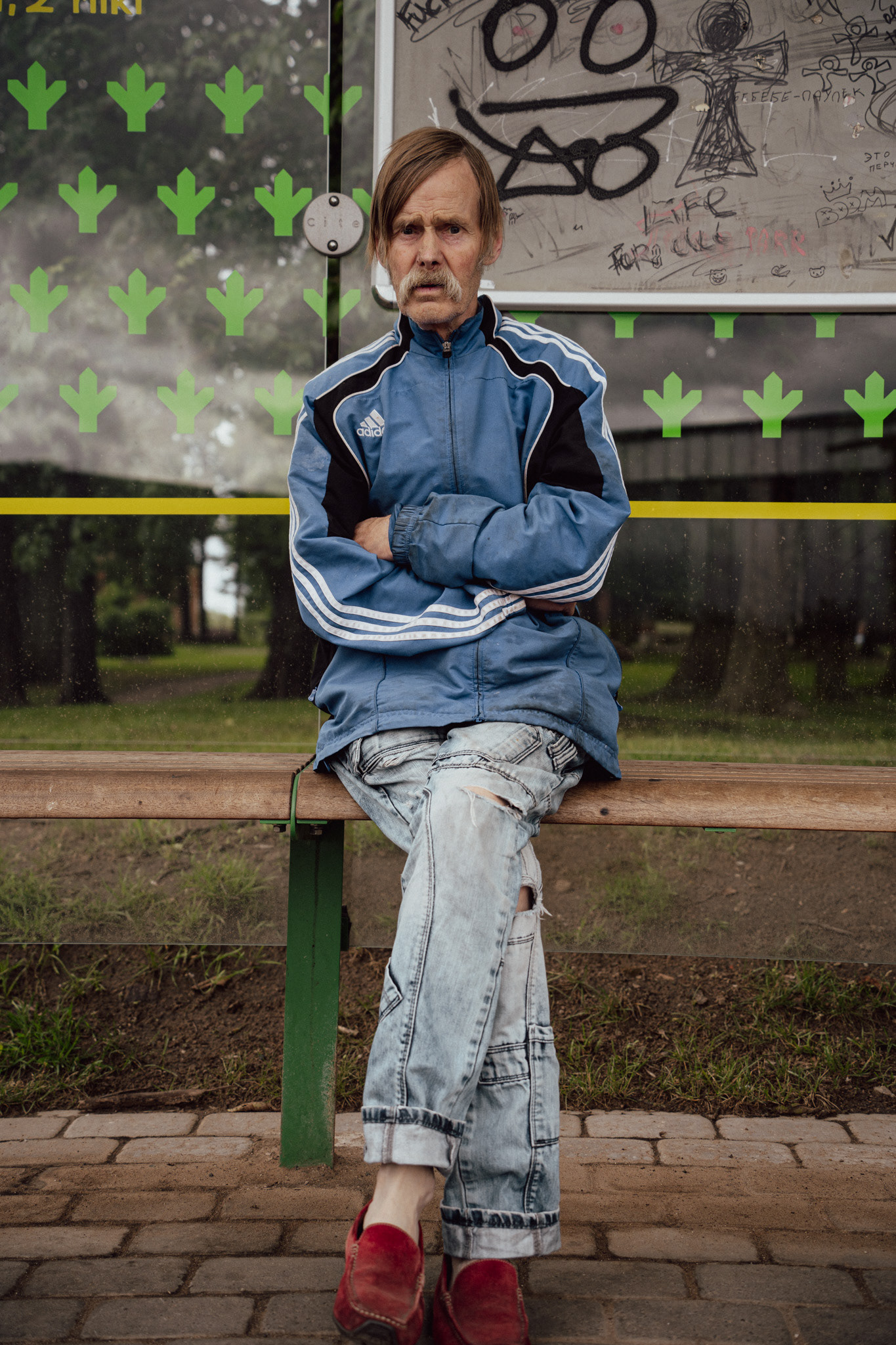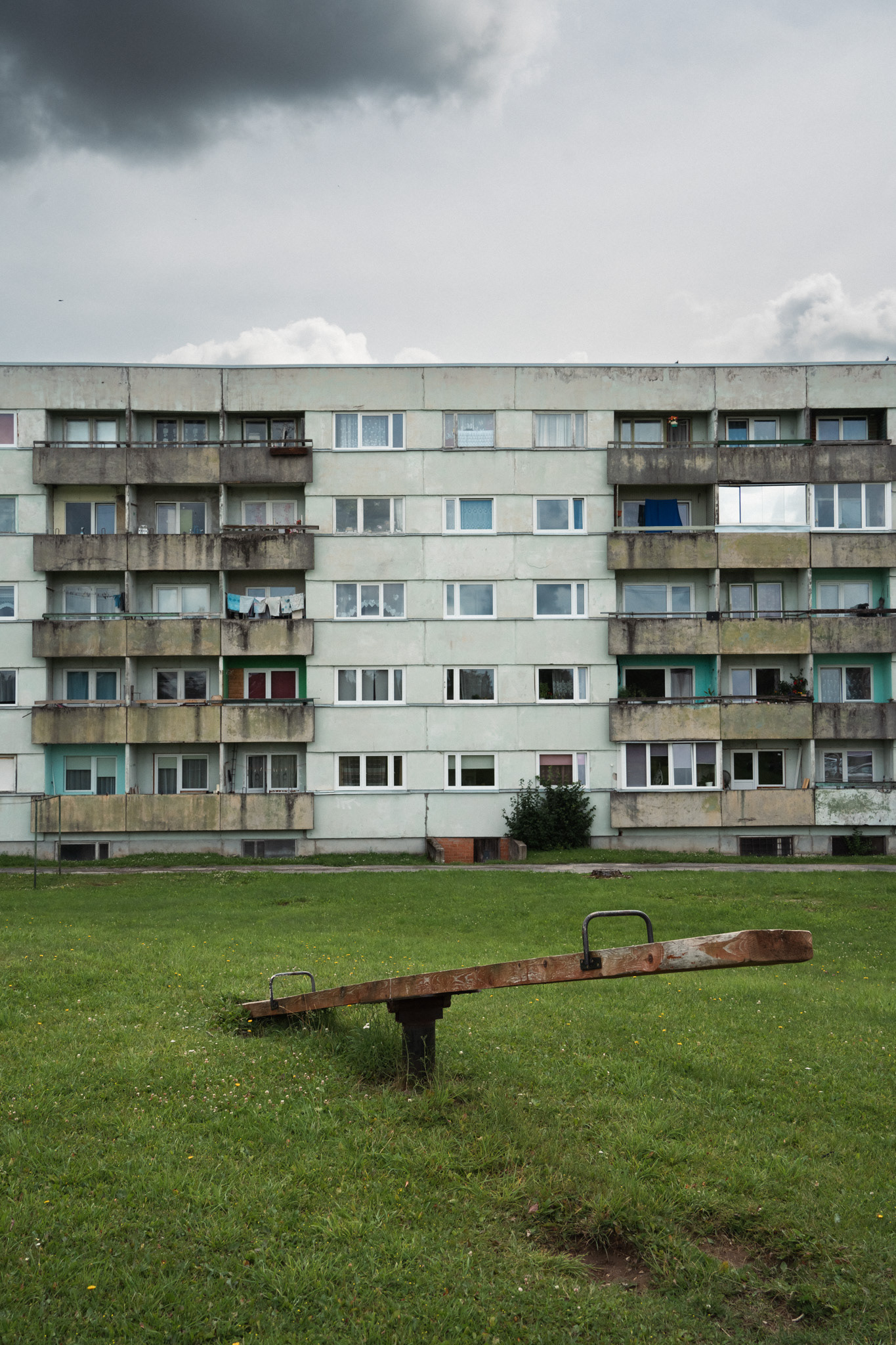With the ongoing war in the Ukraine, the Baltic people are re-examining their identity as a people. A people whose history is inextricably connected with Russia; sharing family names, birth places, language, culture and borders. The region has a large Russian population, with both Latvia and Estonia gaining their independence from the Soviet Union as recently as 1991. Daugavpils in Latvia, a former military stronghold, has one of the largest Russian populations in the Baltic states - it is in reference to places like this, where Putin justifies his war, protecting Russian speakers against the alleged discrimination and violence in the Baltics and Ukraine.
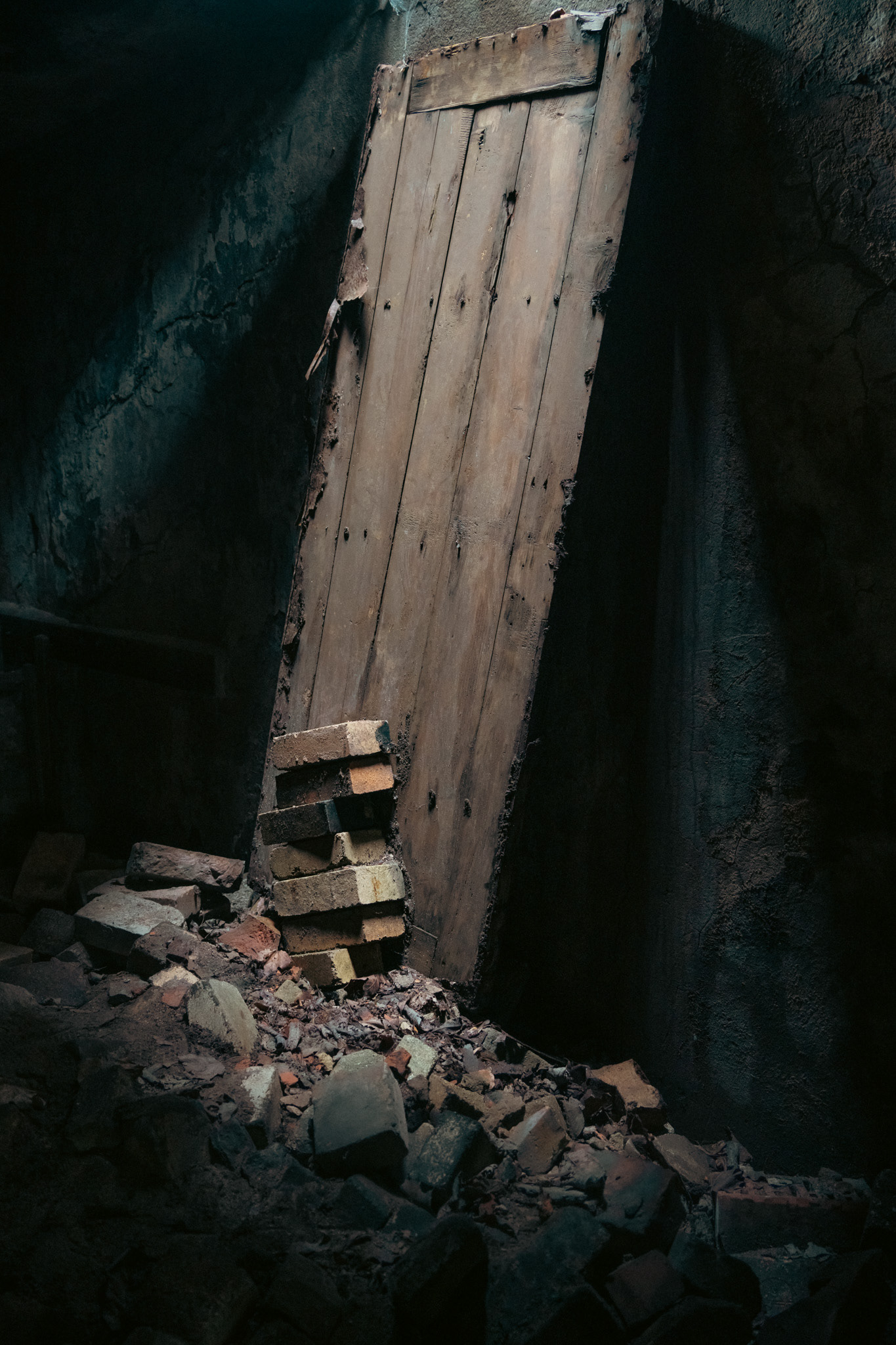
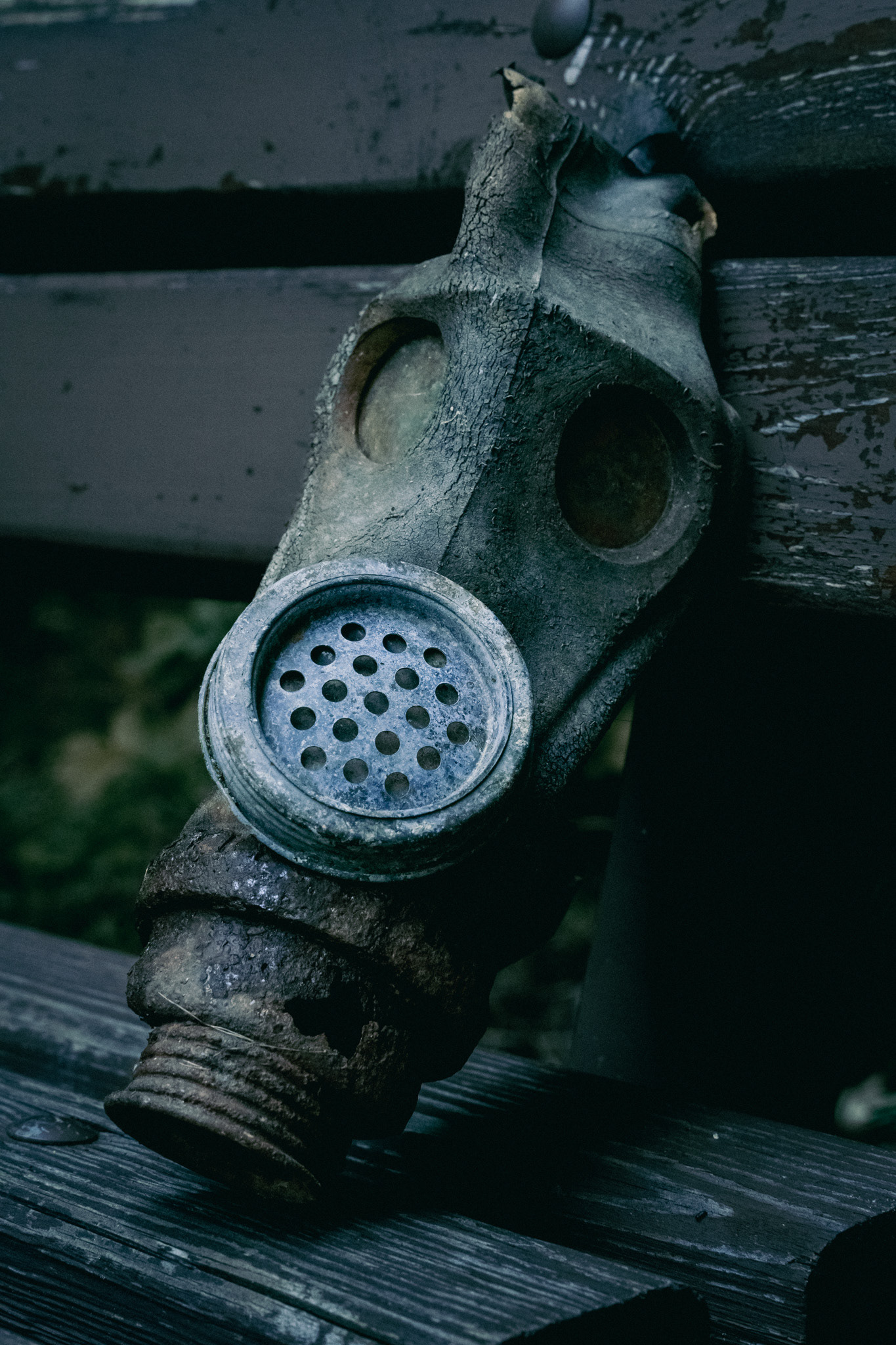
Russia’s war against Ukraine has pushed the Baltics to distance themselves from their former ruler. The Russian language is still being taught as a secondary and even primary language in schools across these countries. The Ministry of Education and Science in Latvia has plans to replace Russian language in foreign language lessons with official EU languages in schools starting with 2026. In Estonia, the Parliament passed a bill to transition schools to Estonian beginning in 2024.
